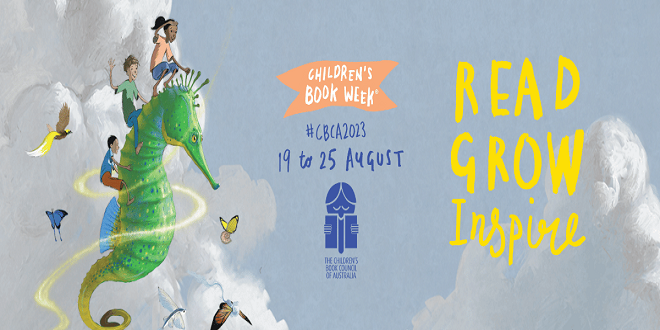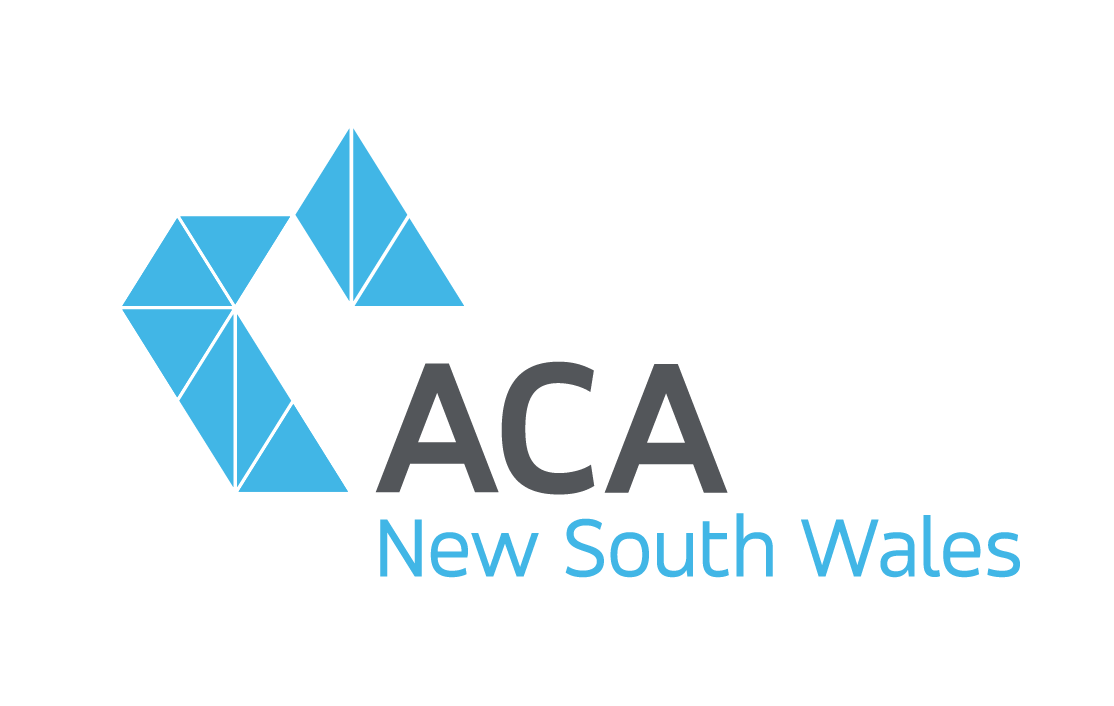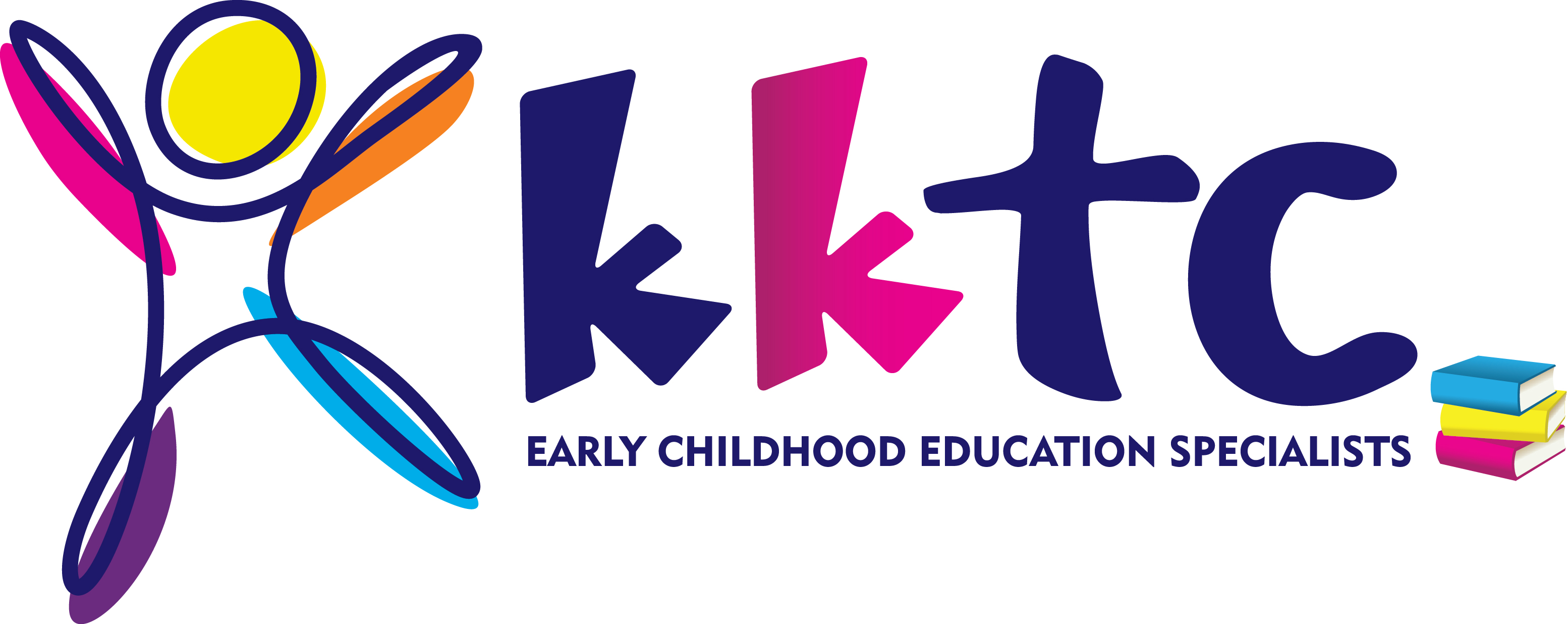
CBCA Book Week 2023
Theme: Read, Grow, Inspire
Dates: Term 3: August 19-25*
#CBCA2023
*From 2021, the CBCA expects that the annual Book of the Year Awards and CBCA Book Week will revert to their normal schedule of the Awards announced on the third Friday in August, with CBCA Book Week commencing the following day.
ABOUT THE CHILDREN'S BOOK COUNCIL OF AUSTRALIA
The Children's Book Council of Australia (CBCA) is a not for profit, volunteer run organisation which aims to engage the community with literature for young Australians. The CBCA presents annual awards to books of literary merit, for outstanding contribution to Australian children's literature.
Established in 1945, the Children’s Book Council of Australia was founded at a time when Australian children’s books were few, and Australian authors and illustrators were virtually unknown. In 1946 the CBCA established annual book awards to promote books of high literary and artistic quality. These awards are now the most influential and highly respected in Australia.
Each year, across Australia, the CBCA brings children and books together celebrating CBCA Book Week. Throughout the year, the CBCA works in partnership with authors, illustrators, publishers, booksellers and other organisations in the children’s book world to bring words, images and stories into the hearts and minds of children and adults.
Australian children’s literature enriches our nation and reaches children across the world through international editions.












